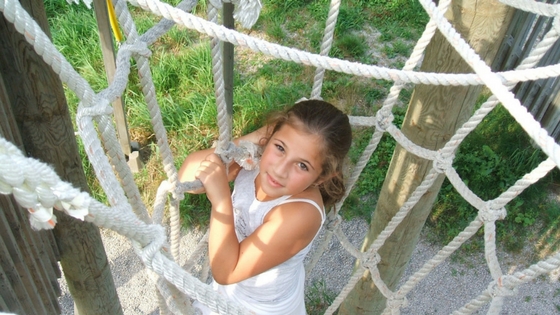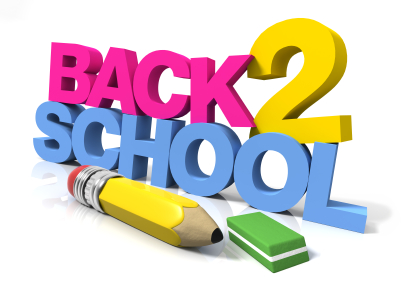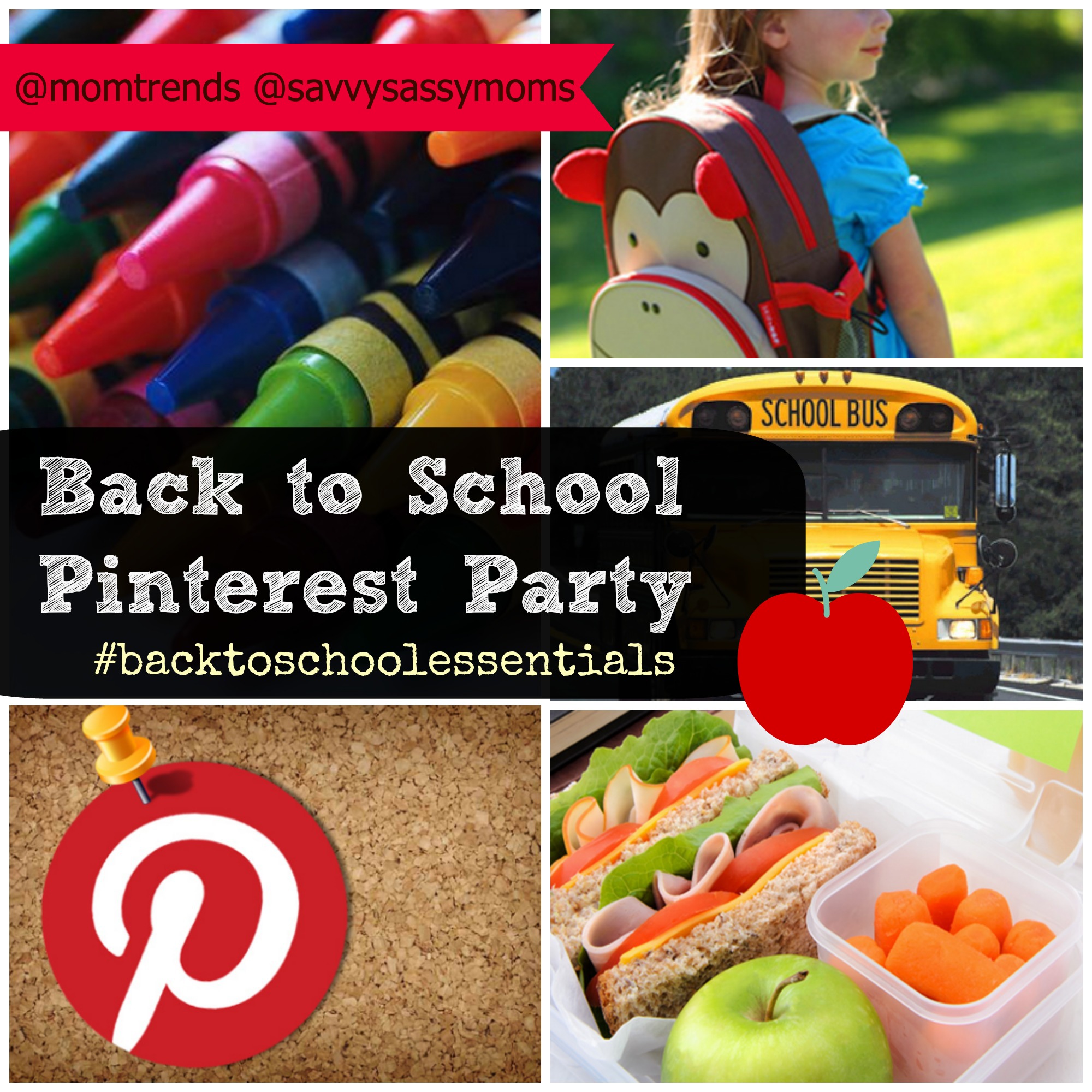The end of the school year is fast approaching, and things are winding down. This transition, though a positive one for many, poses challenges for children who have difficulty with change. As parents, there are many things you can continue to do that are instrumental in maximizing learning, reducing stress and building continued success for your children. We have 10 helpful tips to wrap up the school year.

1. Celebrate their achievements
Ask your child to name some things that they can do now that they may have had difficulty with in the beginning of the school year. Seeing this evolution can be truly empowering and motivating for your child. In September your child may have been on a level B reader, while she’s now on a level F reader.
2. Prepare for wrapping up the school year
Have your child write a letter to their new teacher or fill out an “All about me” package. Focus on talents/strengths, likes/dislikes, and how they learn best. Place it in a box or an envelope and put it away until September. Consider placing your child’s favourite memories from the school year in a scrap book or memory box.
3. Plan an end-of-the-year celebration
During the year, your child has grown comfortable and formed many wonderful friendships. As the end of the school year nears, your child may worry about what will happen to those friendships. It is not uncommon for children to think that they might lose their friends and begin to experience a sense of loss. Help ease these feelings by holding an end-of-the-year celebration for your child and their friends. This is a great way to solidify those friendships and all the positive memories they shared.
4. Keep learning up to the very last minute
Even though school is coming close to an end, learning doesn’t have to stop. Kids will benefit from continued learning and an opportunity to review acquired skills. Incorporate treasure hunts, art displays, and other fun ideas to help children focus on their studies, despite end-of-the-school-year distractions. Children are more likely to try new things, persevere and learn when they are having fun.
5. Set up time to reflect and connect with one another
Setting aside a quiet time to talk with your child and share their experiences. This one-on-one time allows children to reflect on the past year and look ahead to exciting new experiences.
6. Talk about transitions
What does it include? What might they be worrying about and solutions/strategies to their concerns? Talk about the positive aspects of transitions. You may even want to consider witting these points down, so your child can go back and reflect on them when needed. llowing children to lead a discussion about the upcoming transition from one school year to the next can help alleviate their fears.
7. Set some summer goals
Having children set goals for the summer is just as important as setting academic goals throughout the school year. Setting goals helps keep your child motivated and feeling a sense of accomplishment. Socially, emotionally or physically, children can develop and learn new skills. Goals may be such things as: learning to ride a bike without training wheels, initiating conversations when at camp, or going to the next level in swim class.
8. Review academic lessons in fun ways
You might be wondering if your child will retain all the information that was taught over the full school year. Maintain academic skills learned throughout the school year in a naturalistic way. Try practicing measurement while baking cookies or practicing writing skills by writing a story about going to the cottage.
9. Consistency with routines and structure is key!
When routines and structure change, predictability and a child’s sense of comfort changes. The loss of comfort can lead to some behaviour challenges. Make sure to set some level of typical daily expectations that children can engage in to help manage possible behaviour concerns (e.g., power struggles), continue to build responsibility and independence. You may want to consider a family calendar that shows what’s happening for the next month.
10. Allow for children to have a voice
This can be helpful when deciding if it is okay to extend their bedtime as the days get longer, or finishing their homework after dinner so they can play outside after school. Involving children in making decisions and plans helps to build their overall confidence and desire to comply and get involved with the activity.
The best way to help manage your child’s concerns about the end of the year is to set aside time each week to meet and share concerns, validate their feelings and brainstorm solutions together.
References
- http://www.scholastic.com/teachers/collection/tips-wrap-school-year
- www.scholastic.com/teachers/collection/tips-wrap-school-year
Read more from Janet Arnold and Francine McLeod at www.findingsolutions.ca







